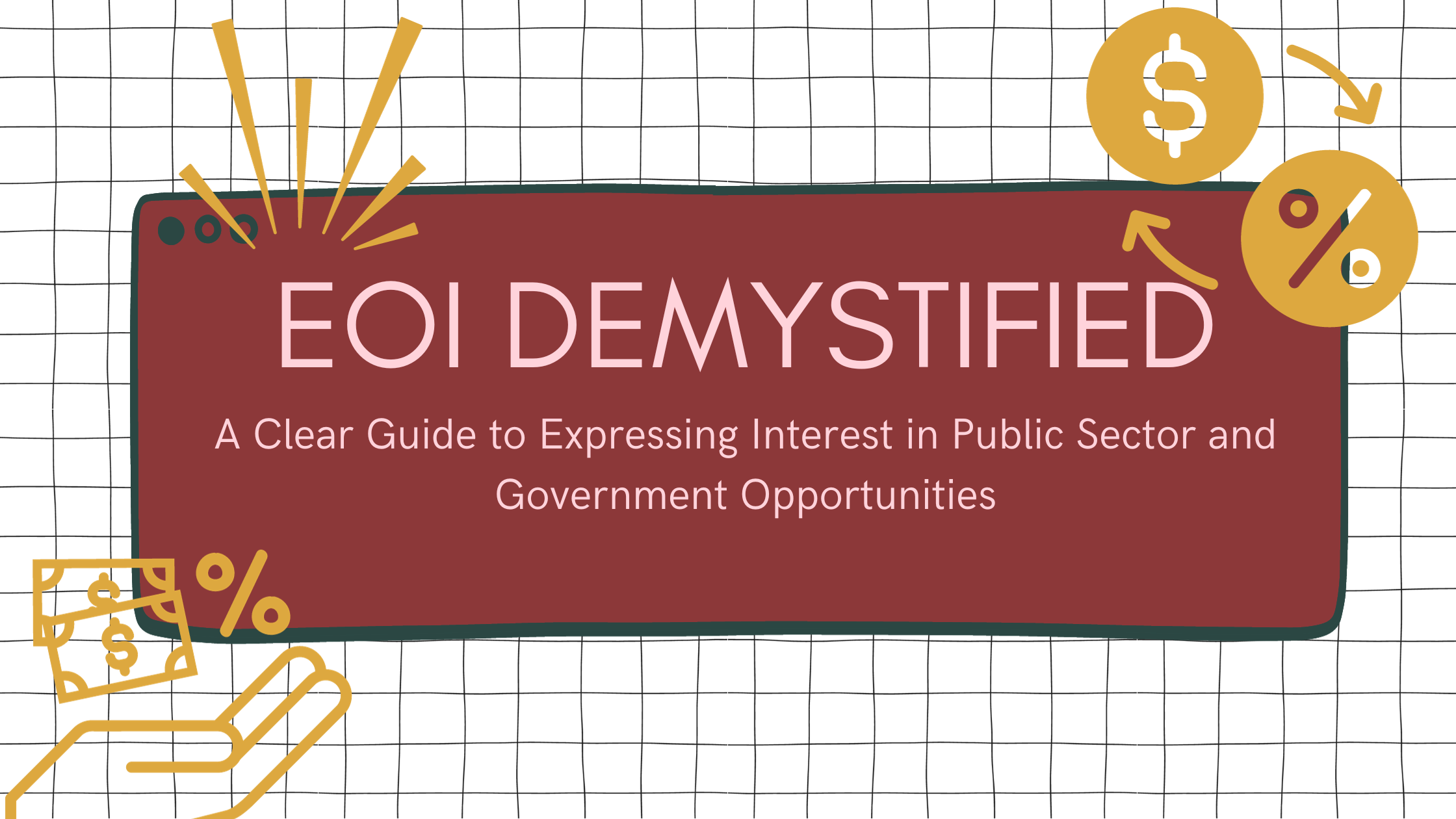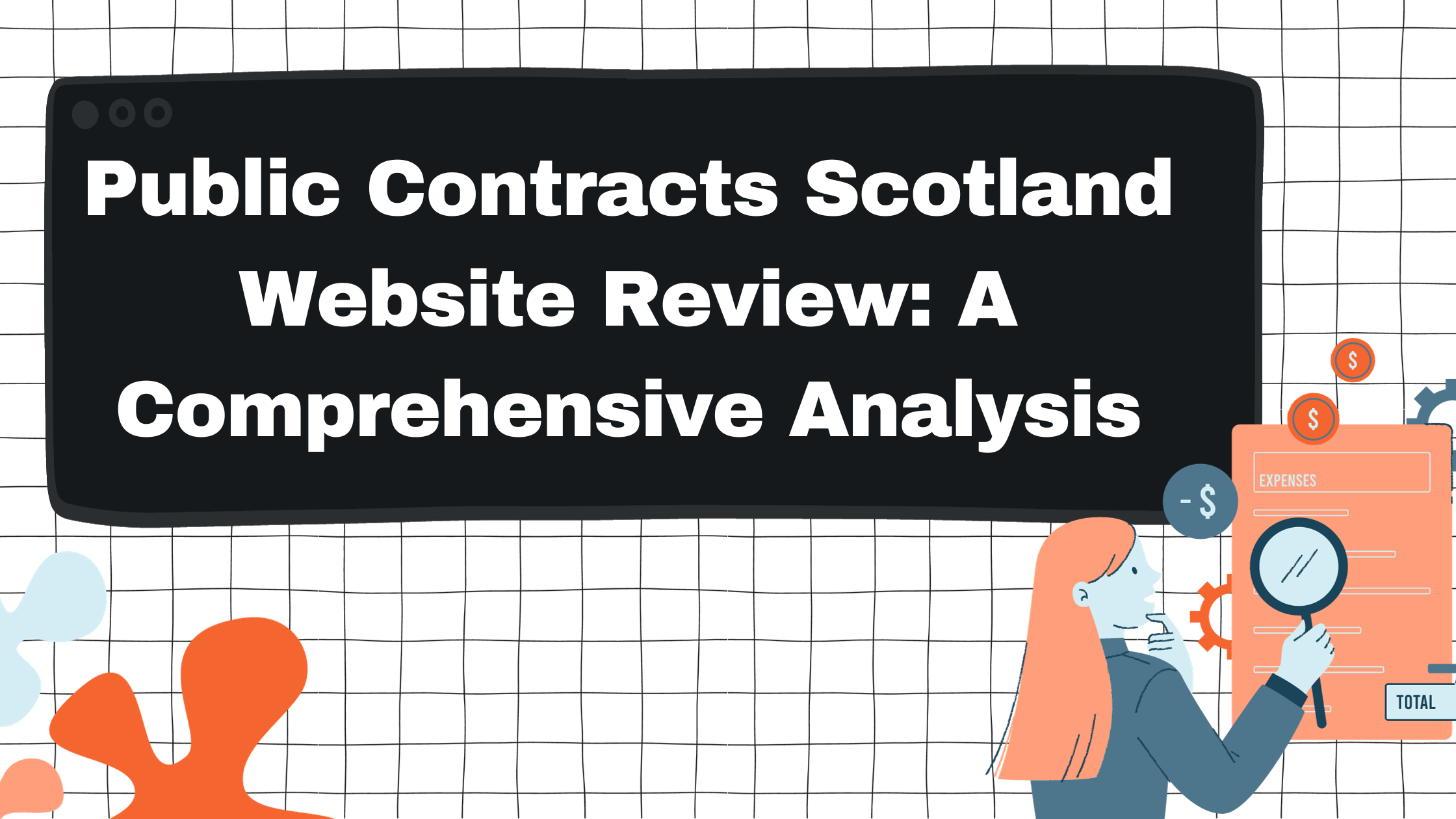Top Proposal Writing Services and RFP Writing Solutions for 2024: A Comprehensive Guide

Need Help with Your Bid?
Get in touch by filling out the form and one of our advisors will be in contact.
Contact UsComparing the Best Contract Management Platforms for 2023: An In-Depth Review
In the rapidly evolving world of business, efficient and effective contract management is vital. The right contract management platform can streamline the process of creating, executing, and monitoring agreements, saving time and reducing errors. With a plethora of contract management software available in 2023, it becomes crucial to compare and identify the one that best fits organizational needs. These platforms have grown increasingly sophisticated, offering features that can handle the entire contract lifecycle from inception to renewal or termination.

Choosing the best contract management software usually involves considering a multitude of factors such as usability, integration capabilities, compliance, and advanced features like automated workflows and artificial intelligence. Each organization has unique requirements, and therefore a one-size-fits-all approach doesn鈥檛 work when selecting a contract management system. Through effective implementation and adoption of the right platform, companies can ensure that they stay ahead in the meticulous domain of contract administration.
Key Takeaways
- Streamlined contract management is essential for business efficiency and compliance.
- Platforms offer varying features that cater to the unique needs of different organizations.
- The right implementation and adoption of software are critical for optimizing contract lifecycle management.
Evaluating Contract Management Software Features
In selecting the right contract management platform, I consider the capability to customize contracts, integrate with existing workflows, and utilize cutting-edge analytics and reporting. It's equally important to evaluate how these systems manage data and ensure security and compliance.
Contract Creation and Customization
Being able to create and customize contracts efficiently is a cornerstone of any contract management software. My priority is software that provides a broad range of contract templates and customization options to cater to specific industry needs or company requirements. This feature simplifies the contract creation process and ensures all relevant legalities are adhered to.
Automation and Workflow Integration
Automation is key to streamlining complex workflows. I look for platforms that can automate routine tasks, such as sending reminders for contract renewals or approvals. The integration capabilities of these systems play a critical role, as they must seamlessly connect with existing tools, like document management systems or CRM software, including potential Salesforce integration.
Advanced Contract Analytics and Reporting
A robust contract management tool should have advanced analytics and reporting capabilities. I need software that can turn contract data into actionable insights, with the ability to generate comprehensive reports on contract performance, expiry, and compliance. This helps in making informed decisions and identifying opportunities for efficiency improvements.
Security and Compliance Considerations
Security is non-negotiable. The software must provide strong permissions settings, audit trail capabilities, and ensure adherence to legal and regulatory compliance standards. I assess how well the platform can protect sensitive information and support compliance with global regulations.
System Integration and Data Management
Finally, the ability to integrate with various systems and manage data is crucial. A great contract management platform should support easy integration with other business systems and facilitate central storage and management of all contract-related documents. Effective data management ensures that information is accessible yet secure, and consistently up-to-date, which is critical for maintaining the integrity of contract processes.
By focusing on these specific features, I can select a contract management software that can scale and adapt to the evolving needs of a business.
Effective Contract Lifecycle Management
In my experience, the key to streamlining contract processes lies in automation and efficient workflows. I've seen this improve compliance, reduce risks, and enhance overall efficiency in handling contracts.
Lifecycle Automation and Milestone Tracking
Automating the contract lifecycle is critical for managing agreements effectively. By setting up automated workflows, I'm able to ensure that contracts move smoothly from one stage to the next without manual intervention. This not only saves time but also reduces the likelihood of errors. For milestone tracking, I utilize systems that offer real-time oversight, so every phase from drafting to execution is closely monitored. It's essential for businesses to have these systems in place to maintain control over their contract management processes.
E-Signature and Approval Workflows
For many businesses, the ability to execute contracts digitally through e-signature solutions is transformative. It accelerates the signing process and supports remote collaboration, which I find invaluable. Moreover, integrating e-signature capabilities into approval workflows enhances efficiency and contract turnaround time. These digital signatures are legally binding and secure, making them a reliable option for fast-tracking contract approvals.
Contract Renewal and Expiration Alerts
Staying on top of contract renewals and expirations requires vigilant tracking and timely reminders. This is where contract management platforms shine; by sending notifications and alerts about upcoming renewals or expirations, they provide businesses with the support they need to avoid lapses in contracts or missed opportunities for renegotiation. This level of lifecycle management is a support system that significantly benefits strategic planning and decision-making.
Best Practices for Implementation and Adoption
When deploying a contract management platform, it's pivotal to ensure effective user training, stakeholder collaboration, and ongoing assessment to secure a solid return on investment. I will guide you through the essential practices to adopt for a successful implementation.
User Training and Support
User Training: The cornerstone of user adoption is comprehensive training. I work closely with vendors to design a training program catered to the varying proficiency levels of my users. This includes live training sessions, detailed guides, and interactive workshops that help my users understand the ins and outs of the new system. Training isn鈥檛 a one-off event; it's an ongoing process that accommodates new updates and changes.
Customer Support: My experience underlines the importance of a solid customer support system from the software provider. A responsive support team is crucial not only during the initial stages but also throughout the system's lifecycle to address any issues or queries. Support can range from 24/7 helpdesks, ticket systems, to dedicated account managers.
Facilitating Stakeholder Collaboration
Legal Team and Vendors: Implementing contract management software requires cooperation between internal stakeholders, like my legal team, and external parties, such as vendors. By fostering an environment of transparency and open communication, I create pathways for feedback and collaborative problem-solving, which is instrumental for a smooth transition.
Collaboration Tools: To streamline this process, I utilize the platform's in-built collaboration tools to involve all stakeholders in the contracting process. Features like shared workspaces and real-time editing capabilities are exemplars of functionalities that can enhance cooperation.
Measuring Results and Adjusting Strategy
Analytics and Reporting: To determine the value delivered by the contract management system, I rely on robust analytics and reporting functions. These tools help me track key performance indicators like contract cycle times, compliance rates, and potential revenue impacts, providing a clear perspective on the software's efficacy.
Adjusting Strategy: It's essential to remain flexible and receptive to the data's insights. If certain strategies are not yielding the anticipated results, I am ready to re-evaluate and adjust my approach. Whether it's refining training programs or amending processes, responsiveness to feedback and analytics is key to maximizing the software鈥檚 potential.
Top Contract Management Platforms of 2023
In my examination of the best contract management platforms for 2023, I've identified key players that stand out for their robust features, customizable solutions, and competitive pricing structures.
Comparative Overview of Market Leaders
I've looked at market leaders like DocuSign CLM, Agiloft, and Concord, comparing their offerings on various parameters. DocuSign CLM is widely recognized for its comprehensive and secure contracting capabilities. Agiloft excels with its highly customizable solutions that adapt to complex contracting needs. Concord is lauded for its streamlined user experience and collaborative approach to contract management. Other notable platforms like SpringCM, ContractWorks, and PandaDoc offer a mix of user-friendly interfaces and powerful automation tools.
- DocuSign CLM: Highly secure, integrated with CRM, well-suited for complex workflows.
- Agiloft: Extremely customizable, geared for enterprises requiring tailored solutions, strong security features.
- Concord: Simplified contract creation, real-time collaboration tools, good option for small to mid-sized businesses.
Tailoring Solutions to Business Needs
Understanding that businesses have varying needs, I've observed that these platforms prioritize customization. Ironclad and Outlaw are examples of vendors that provide businesses with tailored solutions. They recognize that customization is crucial for those wanting to align their contract management tools with specific business processes and workflows. As such, they offer tailored options that can fit a variety of business models, whether it's for small enterprises or large corporations.
- Ironclad: Designed for streamlined workflow automation, suitable for fast-paced business environments.
- Outlaw: Offers modern, redesigned contracting experiences; great for businesses looking for adaptable solutions.
Exploring Price Plans and Free Trials
When it comes to price plans, affordability is a significant factor for many businesses. Some vendors, including PandaDoc, are known for their competitive entry-level pricing, which provides access to robust contract management software without a steep investment. Most platforms also feature scalable pricing plans to grow with your business. Moreover, many of these solutions, such as ContractWorks and PandaDoc, offer free trials that allow businesses to test features before committing financially.
- PandaDoc: Affordable with an all-in-one document management platform; 24/7 support.
- ContractWorks: Offers a straightforward pricing structure and essential features at a budget-friendly cost.
By providing this succinct analysis, I aim to help businesses navigate the landscape of contract management platforms and select the solution that best fits their 2023 needs.
Frequently Asked Questions

In exploring the latest advancements in contract management for 2023, I've compiled a collection of crucial questions that prospective users often ask. Through this FAQ, I aim to shed light on the features, automation benefits, and value propositions of current contract management platforms.
What features distinguish the top contract management platforms in 2023?
The leading contract management platforms this year stand out based on their ability to automate workflows comprehensively, offer real-time analytics, and ensure easy integration with existing systems. Advanced security measures and user-friendly interfaces are also key differentiators.
How does contract management automation improve efficiency in corporate settings?
Automation in contract management significantly reduces manual data entry, minimizes errors, and accelerates the entire contract lifecycle from creation to renewal. This results in time and cost savings, as well as enhanced compliance with regulatory requirements.
Which contract lifecycle management (CLM) systems offer the best value for money?
When considering CLM systems that provide the best return on investment, it's important to look for tools that handle multiple aspects of contract management effectively at scale without compromising on quality or performance.
What are the key differences between CRM and contract management systems?
CRM (Customer Relationship Management) systems are primarily focused on managing customer information and interactions, while contract management systems are tailored to manage the end-to-end process of contractual agreements, including creation, negotiation, compliance, and renewal.
How is the contract management sector evolving with the advent of new technologies?
The sector is rapidly evolving through the integration of AI and machine learning, providing smarter analytics, predictive insights, and more sophisticated automation capabilities. New technologies are also enhancing contract security and compliance measures.
What are the essential components of a successful contract management system?
A successful contract management system must include robust document storage, version control, customizable contract templates, workflow automation, compliance tracking, and an intuitive user interface. The ability to integrate with other business systems is also crucial.
Ready to start your search?
Get in touch by filling out the form to the right and one of our advisors will curate a personalised selection for you.
Get in touchBlogs. Guides. Helpful advice.

Mastering Proposal and RFP Writing for Government and Public Sector Opportunities

Proposal and RFP Writing Services: Enhancing Public Sector Tender Outcomes

.svg)